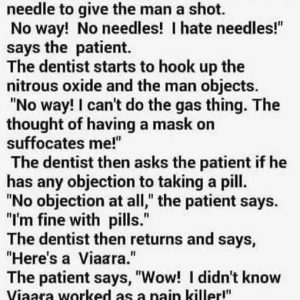Young Programmer’s Nighttime Drooling Leads to Unexpected Health Discovery
Xiao Liang, a 25-year-old programmer from China, noticed he was drooling excessively during sleep—a sudden, embarrassing change that prompted a medical visit. A CT scan revealed early signs of cerebral blood vessel blockage, a condition that, if untreated, could raise his stroke risk. Early diagnosis allowed him to take preventive action.
Why Does Drooling Happen?
Drooling is usually controlled by the autonomic nervous system. Occasional drooling is normal, but frequent adult drooling may signal health issues. Common causes include mouth breathing due to nasal congestion, stress or fatigue affecting muscle control, and sleeping positions that allow saliva to escape. More serious causes can be neurological or medical conditions like oral infections, Parkinson’s disease, GERD, or vascular problems such as cerebral thrombosis.
How to Reduce Nighttime Drooling
Simple changes like sleeping on your back, maintaining good oral hygiene, managing allergies or congestion, and addressing health problems can reduce drooling. Persistent drooling, especially with other symptoms, warrants medical evaluation.
When to See a Doctor
If drooling is frequent and excessive, it may indicate an underlying condition. Early medical attention can prevent complications, as Xiao Liang’s case shows. Consult a healthcare professional if you notice persistent symptoms.





